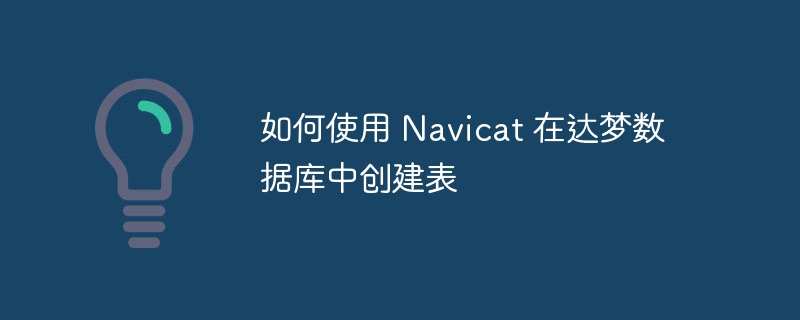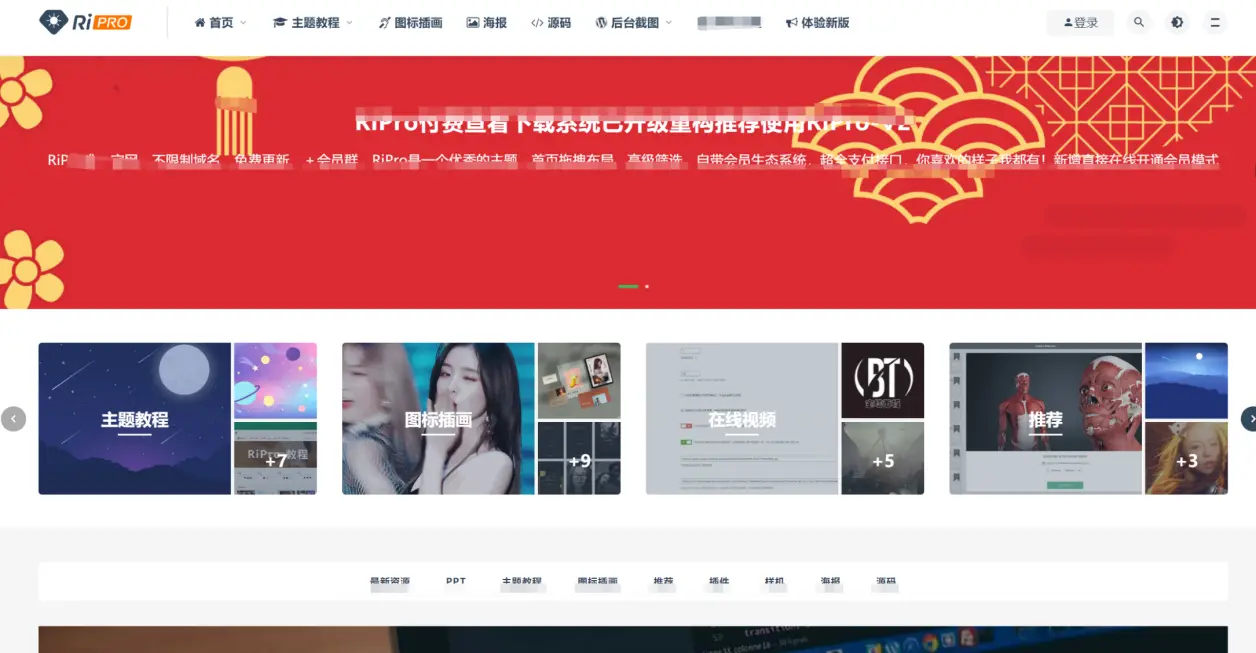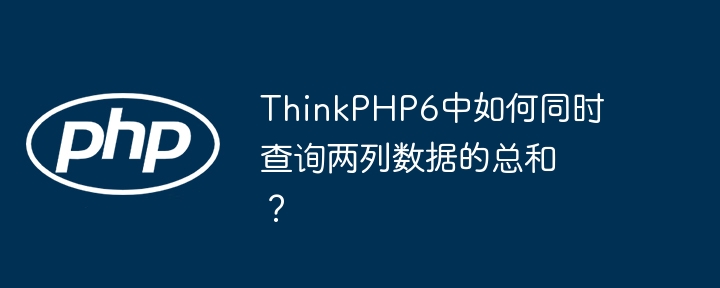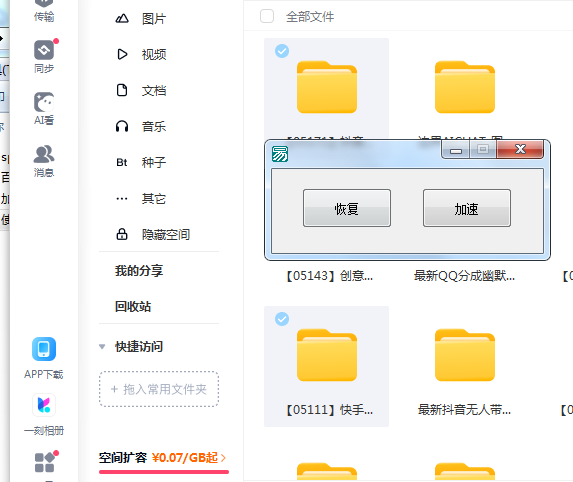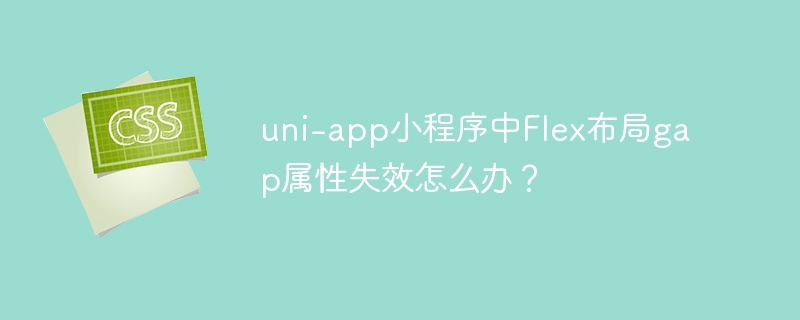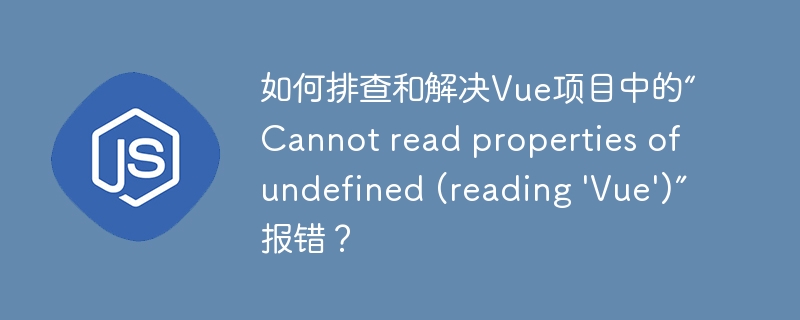
本教程详细指导如何通过html、css和JavaScript构建一个可交互的自定义音频进度条。我们将学习如何监听音频播放事件来实时更新进度显示,并重点讲解如何通过捕获用户在进度条上的点击事件,计算点击位置并精确跳转音频播放时间点,从而实现一个功能完善且用户友好的音频播放体验。
在现代Web应用中,自定义媒体播放器提供了超越浏览器默认控件的灵活性和品牌一致性。其中,一个可交互的音频进度条是提升用户体验的关键组件。本文将深入探讨如何利用前端技术,实现一个不仅能实时显示播放进度,还能响应用户点击,实现快速跳转的自定义音频进度条。
1. 核心概念与技术栈
要构建可点击的音频进度条,我们需要结合以下技术:
- html5 <audio> 元素: 用于加载和控制音频播放。
- CSS: 负责进度条的视觉样式,使其看起来像一个可交互的组件。
- JavaScript (dom API): 用于监听音频事件(如播放时间更新),处理用户交互(如点击),并动态更新进度条的显示和音频的播放位置。
实现的核心在于:
- 实时更新: 监听音频的 timeupdate 事件,根据当前播放时间和总时长更新进度条的宽度。
- 点击跳转: 监听进度条容器的 click 事件,获取点击位置,并将其转换为音频的特定时间点,然后设置音频的 currentTime 属性。
2. HTML 结构设计
首先,我们需要一个HTML结构来承载音频播放器和自定义进度条。
<div class="audio-player-container"> <!-- 隐藏的HTML5音频元素 --> <audio src="your-audio-file.mp3" preload="auto" id="audioPlayer"></audio> <!-- 自定义进度条容器 --> <div class="p-bar" id="progressBarContainer"> <!-- 实际的进度条,宽度将由JavaScript动态控制 --> <div class="progress1" id="progressIndicator"></div> </div> <!-- 其他播放控制按钮(可选) --> <!-- <button id="play-pause">播放/暂停</button> --> </div>
说明:
- audioPlayer: 这是实际的HTML5音频元素。我们将其样式设置为隐藏,因为我们将使用自定义的进度条和控制逻辑。src 属性应指向你的音频文件路径。
- progressBarContainer: 这是整个进度条的外部容器。用户将在此元素上点击来跳转。
- progressIndicator: 这是内部的进度条指示器,它的宽度将根据音频的播放进度动态变化。
3. CSS 样式美化
CSS用于定义进度条的外观,使其直观且具有可点击的视觉提示。
.audio-player-container { display: flex; align-items: center; width: 80%; /* 根据需要调整容器宽度 */ margin: 20px auto; background-color: #222; padding: 10px; border-radius: 5px; } /* 隐藏原生的音频播放器 */ #audioPlayer { width: 0px; visibility: hidden; height: 0px; } .p-bar { flex-grow: 1; /* 让进度条容器占据可用空间 */ height: 6px; /* 进度条的高度 */ background: #333333; border-radius: 3px; cursor: pointer; /* 鼠标悬停时显示手型光标,提示可点击 */ position: relative; /* 确保内部进度条定位正确 */ overflow: hidden; /* 隐藏超出容器的进度条部分 */ } .progress1 { height: 100%; /* 进度条指示器高度与容器一致 */ background: linear-gradient(to right, #6a82fb, #fc5c7d); /* 渐变色,更美观 */ transition: width .1s linear; /* 平滑的宽度过渡效果 */ width: 0%; /* 初始宽度为0 */ border-radius: 3px; box-shadow: 0 0 5px rgba(255, 255, 255, 0.3); /* 轻微的阴影效果 */ }
说明:
- .audio-player-container: 为整个播放器提供一个基础布局和背景。
- #audioPlayer: 明确隐藏原生的音频播放器。
- .p-bar: 这是可点击的区域。cursor: pointer 是关键,它能直观地告诉用户这个元素是可交互的。flex-grow: 1 使其填充父容器的剩余空间。
- .progress1: 实际的进度指示器。transition: width .1s linear 使得进度条的更新看起来更加平滑。
4. JavaScript 交互逻辑
JavaScript是实现进度条核心功能的关键。它将处理音频事件和用户交互。
document.addEventListener('DOMContentLoaded', () => { const audioPlayer = document.getElementById('audioPlayer'); const progressBarContainer = document.getElementById('progressBarContainer'); const progressIndicator = document.getElementById('progressIndicator'); // --- 1. 实时更新进度条 --- // 监听音频的timeupdate事件,该事件在音频播放位置改变时周期性触发 audioPlayer.addEventListener('timeupdate', () => { if (audioPlayer.duration) { // 确保音频元数据已加载 const percentage = (audioPlayer.currentTime / audioPlayer.duration) * 100; progressIndicator.style.width = percentage + '%'; } }); // 确保在元数据加载后立即更新进度条(例如,如果音频已预加载) audioPlayer.addEventListener('loadedmetadata', () => { if (audioPlayer.duration) { const percentage = (audioPlayer.currentTime / audioPlayer.duration) * 100; progressIndicator.style.width = percentage + '%'; } }); // --- 2. 处理进度条点击跳转 --- progressBarContainer.addEventListener('click', (event) => { // 检查音频是否已加载并有总时长 if (!audioPlayer.duration) { console.warn("Audio duration not available yet. Cannot seek."); return; } // 获取点击位置相对于进度条容器左边缘的X坐标 // event.offsetX 是鼠标事件相对于目标元素内边距的水平坐标 const clickX = event.offsetX; // 获取进度条容器的总宽度 const progressBarWidth = progressBarContainer.offsetWidth; // 计算点击位置占总宽度的百分比 (0到1之间) const clickPercentage = clickX / progressBarWidth; // 根据百分比计算新的播放时间 const newTime = audioPlayer.duration * clickPercentage; // 设置音频的当前播放时间 audioPlayer.currentTime = newTime; // 立即更新进度条视觉状态,而不是等待timeupdate事件 progressIndicator.style.width = (clickPercentage * 100) + '%'; }); // --- 3. (可选) 添加播放/暂停控制 --- // 假设你有一个ID为'play-pause'的按钮 // const playPauseBtn = document.getElementById('play-pause'); // if (playPauseBtn) { // playPauseBtn.addEventListener('click', () => { // if (audioPlayer.paused) { // audioPlayer.play(); // playPauseBtn.textContent = '暂停'; // } else { // audioPlayer.pause(); // playPauseBtn.textContent = '播放'; // } // }); // } // 初始状态,如果音频已经加载了一部分 if (audioPlayer.readyState >= 2) { // HAVE_CURRENT_DATA or higher if (audioPlayer.duration) { const percentage = (audioPlayer.currentTime / audioPlayer.duration) * 100; progressIndicator.style.width = percentage + '%'; } } });
说明:
- DOMContentLoaded: 确保在DOM完全加载后再执行JavaScript,避免找不到元素。
- audioPlayer.addEventListener(‘timeupdate’, …): 这是更新进度条的核心。当音频播放时,timeupdate 事件会不断触发,我们利用 audioPlayer.currentTime 和 audioPlayer.duration 来计算并设置 progressIndicator 的宽度。
- progressBarContainer.addEventListener(‘click’, …): 这是实现点击跳转的核心。
- event.offsetX: 获取鼠标点击位置相对于 progressBarContainer 左边缘的X坐标。这是一个非常方便的属性。
- progressBarContainer.offsetWidth: 获取 progressBarContainer 的实际宽度。
- 通过这两个值,我们可以计算出点击位置占总宽度的百分比。
- audioPlayer.currentTime = newTime: 将计算出的时间直接赋值给 audioPlayer.currentTime,音频播放器会自动跳转到该时间点。
- progressIndicator.style.width = (clickPercentage * 100) + ‘%’: 在设置 currentTime 后,立即更新进度条的视觉状态,提供即时反馈。
5. 完整代码示例
将上述HTML、CSS和JavaScript代码整合到一个文件中,即可运行一个功能完整的可点击音频进度条。
<!DOCTYPE html> <html lang="zh-CN"> <head> <meta charset="UTF-8"> <meta name="viewport" content="width=device-width, initial-scale=1.0"> <title>自定义可点击音频进度条教程</title> <style> body { font-family: Arial, sans-serif; display: flex; justify-content: center; align-items: center; min-height: 100vh; background-color: #1a1a1a; color: #f0f0f0; margin: 0; } .audio-player-container { display: flex; align-items: center; width: 80%; /* 根据需要调整容器宽度 */ max-width: 600px; /* 最大宽度限制 */ margin: 20px auto; background-color: #222; padding: 15px 20px; border-radius: 8px; box-shadow: 0 4px 15px rgba(0, 0, 0, 0.4); } /* 隐藏原生的音频播放器 */ #audioPlayer { width: 0px; visibility: hidden; height: 0px; margin: 0; padding: 0; } .p-bar { flex-grow: 1; /* 让进度条容器占据可用空间 */ height: 8px; /* 进度条的高度 */ background: #333333; border-radius: 4px; cursor: pointer; /* 鼠标悬停时显示手型光标,提示可点击 */ position: relative; /* 确保内部进度条定位正确 */ overflow: hidden; /* 隐藏超出容器的进度条部分 */ margin-left: 15px; /* 与其他元素保持间距 */ margin-right: 15px; } .progress1 { height: 100%; /* 进度条指示器高度与容器一致 */ background: linear-gradient(to right, #6a82fb, #fc5c7d); /* 渐变色,更美观 */ transition: width .1s linear; /* 平滑的宽度过渡效果 */ width: 0%; /* 初始宽度为0 */ border-radius: 4px; box-shadow: 0 0 8px rgba(255, 255, 255, 0.2); /* 轻微的阴影效果 */ } button { background-color: #6a82fb; color: white; border: none; padding: 8px 15px; border-radius: 5px; cursor: pointer; font-size: 1em; transition: background-color 0.2s ease; } button:hover { background-color: #5c74e0; } </style> </head> <body> <div class="audio-player-container"> <!-- 隐藏的HTML5音频元素 --> <audio src="https://www.soundhelix.com/examples/mp3/SoundHelix-Song-1.mp3" preload="auto" id="audioPlayer"></audio> <!-- 播放/暂停按钮 --> <button id="play-pause">播放</button> <!-- 自定义进度条容器 --> <div class="p-bar" id="progressBarContainer"> <!-- 实际的进度条,宽度将由JavaScript动态控制 --> <div class="progress1" id="progressIndicator"></div> </div> </div> <script> document.addEventListener('DOMContentLoaded', () => { const audioPlayer = document.getElementById('audioPlayer'); const progressBarContainer = document.getElementById('progressBarContainer'); const progressIndicator = document.getElementById('progressIndicator'); const playPauseBtn = document.getElementById('play-pause'); // --- 1. 实时更新进度条 --- audioPlayer.addEventListener('timeupdate', () => { if (audioPlayer.duration) { const percentage = (audioPlayer.currentTime / audioPlayer.duration) * 100; progressIndicator.style.width = percentage + '%'; } }); // 确保在元数据加载后立即更新进度条 audioPlayer.addEventListener('loadedmetadata', () => { if (audioPlayer.duration) { const percentage = (audioPlayer.currentTime / audioPlayer.duration) * 100; progressIndicator.style.width = percentage + '%'; } // 确保播放按钮文本正确 if (audioPlayer.paused) { playPauseBtn.textContent = '播放'; } else { playPauseBtn.textContent = '暂停'; } }); // --- 2. 处理进度条点击跳转 --- progressBarContainer.addEventListener('click', (event) => { if (!audioPlayer.duration) { console.warn("Audio duration not available yet. Cannot seek."); return; } const clickX = event.offsetX; const progressBarWidth = progressBarContainer.offsetWidth; const clickPercentage = clickX / progressBarWidth; const newTime = audioPlayer.duration * clickPercentage; audioPlayer.currentTime = newTime; progressIndicator.style.width = (clickPercentage * 100) + '%'; }); // --- 3. 播放/暂停控制 --- playPauseBtn.addEventListener('click', () => { if (audioPlayer.paused) { audioPlayer.play(); playPauseBtn.textContent = '暂停'; } else { audioPlayer.pause(); playPauseBtn.textContent = '播放'; } }); // 监听播放和暂停事件,更新按钮文本 audioPlayer.addEventListener('play', () => { playPauseBtn.textContent = '暂停'; }); audioPlayer.addEventListener('pause', () => { playPauseBtn.textContent = '播放'; }); // 初始状态更新 if (audioPlayer.readyState >= 2 && audioPlayer.duration) { const percentage = (audioPlayer.currentTime / audioPlayer.duration) * 100; progressIndicator.style.width = percentage + '%'; } }); </script> </body> </html>
注意事项:
- 音频文件路径: 请将 audioPlayer 的 src 属性替换为你的实际音频文件路径。示例中使用了一个公共的MP3链接。
- 用户体验: 考虑添加音量控制、时间显示(当前时间/总时长)等功能,以进一步完善用户体验。
- 错误处理: 在实际应用中,应增加对音频加载失败、网络中断等情况的错误处理。
- 移动端兼容性: event.offsetX 在大多数浏览器中工作良好,但在某些移动端触摸事件中可能需要考虑 event.touches[0].clientX 结合 element.getBoundingClientRect().left 来计算相对位置。
- 浏览器兼容性: 现代浏览器对HTML5 audio 和DOM事件的支持普遍良好。
6. 总结
通过上述步骤,我们成功构建了一个自定义的可点击音频进度条。核心在于利用 timeupdate 事件实时更新进度,并结合 click 事件和 event.offsetX 精确定位用户点击位置,从而实现音频的快速跳转。这种方法不仅提供了高度的自定义能力,也显著提升了用户与媒体内容交互的体验。
© 版权声明
文章版权归作者所有,未经允许请勿转载。
THE END





